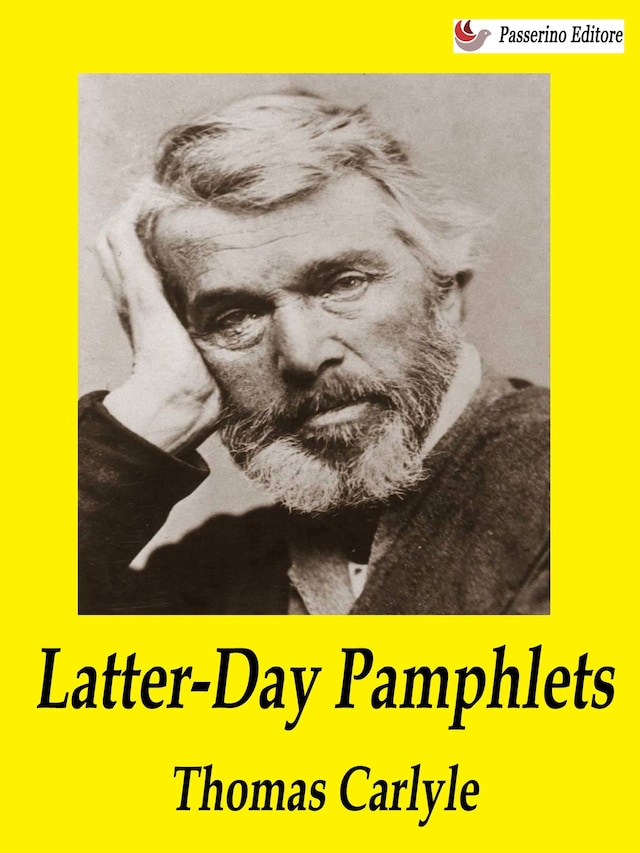
Latter-Day Pamphlets
Description of book
Latter-Day Pamphlets was a series of "pamphlets" published by Scottish essayist, historian and philosopher Thomas Carlyle in 1850, in vehement denunciation of what he believed to be the political, social, and religious imbecilities and injustices of the period.
Thomas Carlyle (4 December 1795 – 5 February 1881) was a Scottish essayist, historian and philosopher. A leading writer of the Victorian era, he exerted a profound influence on 19th-century art, literature and philosophy. Born of peasant parents in Ecclefechan, Dumfriesshire, Carlyle attended the University of Edinburgh where he excelled in mathematics, inventing the Carlyle circle. After finishing the arts course, he prepared to become a minister in the Burgher Church while working as a schoolmaster. He quit these and several other endeavours before settling on literature, writing for the Edinburgh Encyclopædia and working as a translator. He found initial success as a disseminator of German literature, then little-known to English readers, through his translations, his Life of Friedrich Schiller (1825), and his review essays for various journals. His first major work was a novel entitled Sartor Resartus (1833–34). After relocating to London, he became famous with his French Revolution (1837), which prompted the collection and reissue of his essays as Miscellanies. Each of his subsequent works, from On Heroes (1841) to History of Frederick the Great (1858–65) and beyond, were highly regarded throughout Europe and North America. He founded the London Library, contributed significantly to the creation of the National Portrait Galleries in London and Scotland, was elected Lord Rector of Edinburgh University in 1865, and received the Pour le Mérite in 1874, among other honours.
 Thomas Carlyle
Thomas Carlyle 231 Pages
231 PagesCategories:
Format:
Language:
English